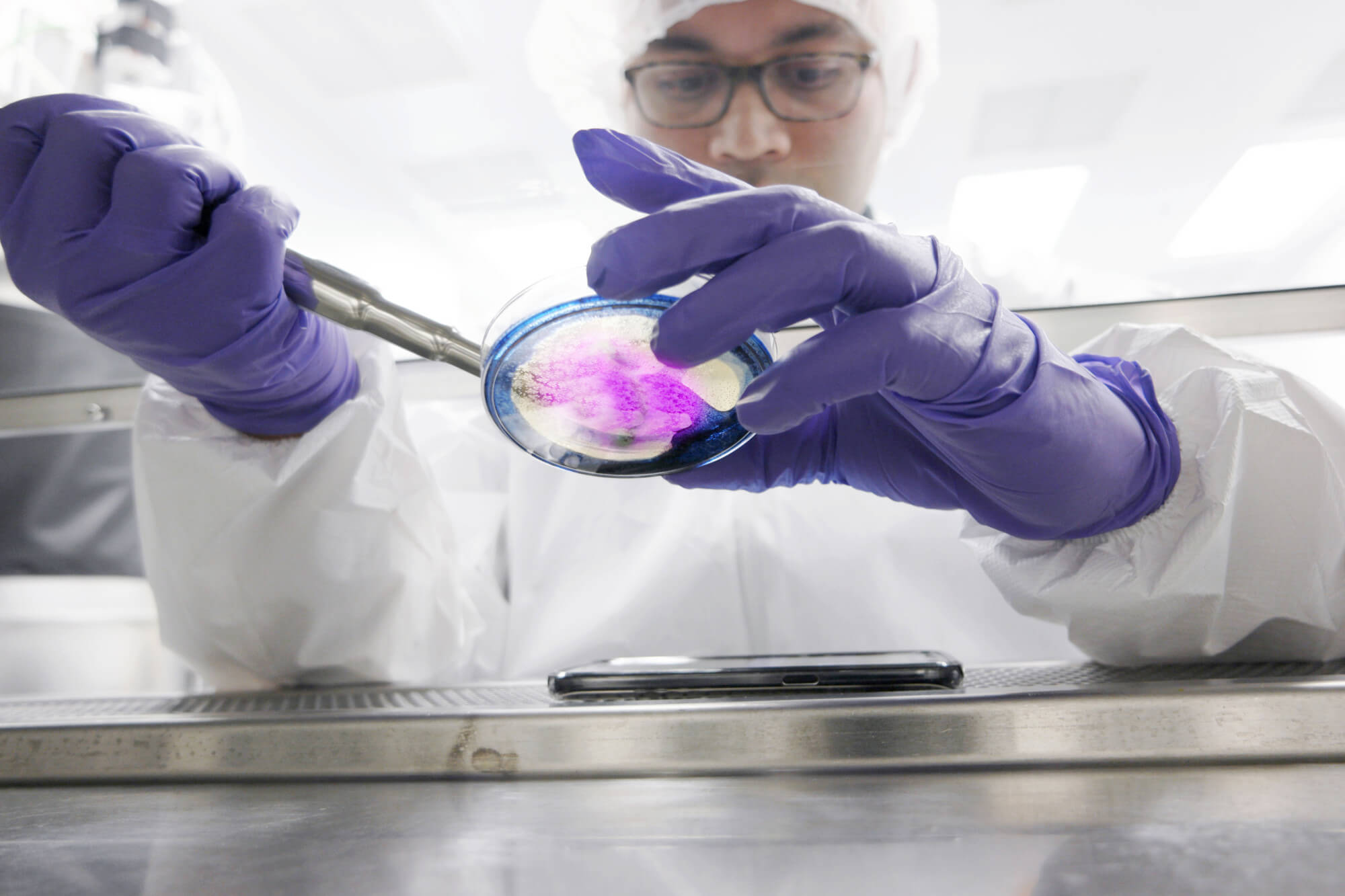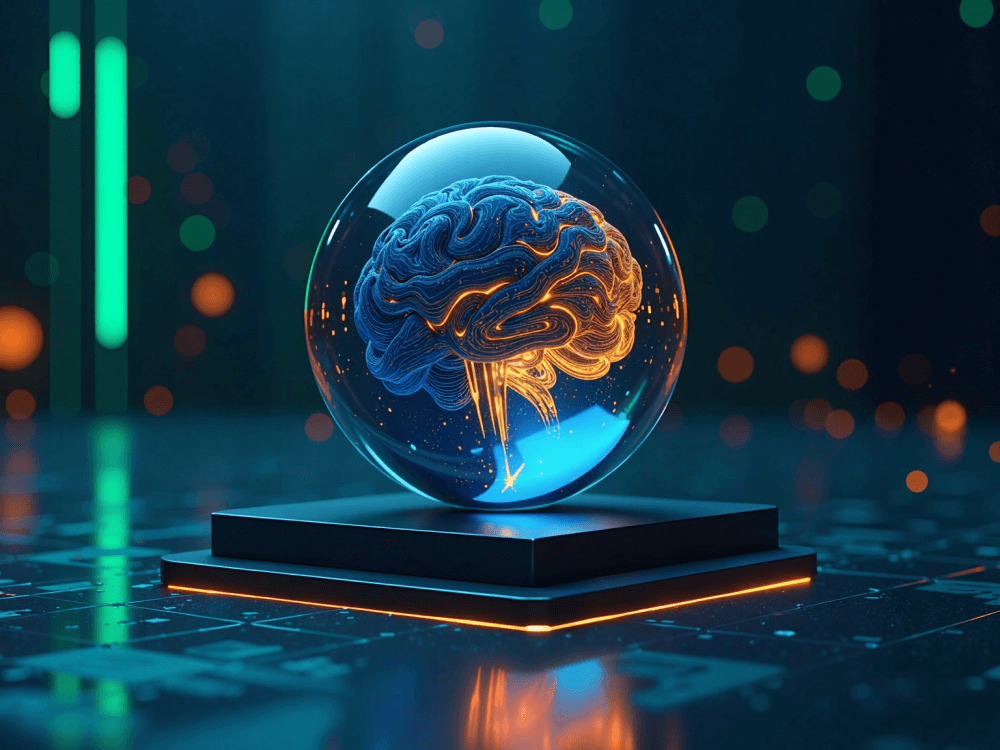Van televisies tot auto's, en van koelkasten tot smartphones, alle moderne apparaten zijn afhankelijk van halfgeleiderchips. Naarmate deze chips steeds compacter worden, zijn traditionele meetmethoden niet langer toereikend. Deze rol omvat het le...
AI is about more than drug development: validation techniques on the rise
The pharmaceutical industry is undergoing a quiet revolution. While most attention goes to the development of new drugs and treatments using emerging technologies, a behind-the-scenes technological transformation is taking place that holds just as much potential to improve healthcare: the integration of machine learning (ML) and artificial intelligence (AI) into the production and validation processes of medication.

Traditional methods lead to higher losses
Traditionally, the pharmaceutical industry relies on destructive testing methods to assess medication quality, where only a portion of the total batch is tested. The results are then statistically extrapolated to represent the entire batch. While this process is effective, it’s not without flaws. If a product in that sample fails the destructive test, the entire batch is rejected. This can result in significant losses and a great deal of wasted resources.
This is where machine learning comes in. By using historical production data, ML models can identify recurring issues and optimize processes. These models provide deeper insights into production workflows and help prevent deviations that might otherwise lead to batch rejections. As a result, efficiency increases while the quality of the final products is better safeguarded. It’s also a much more sustainable approach.
The rise of non-destructive testing
One of the most promising developments is the rise of non-destructive testing methods. These approaches have the potential to scan each individual product in a batch without causing damage, saving both time and resources. While the implementation of these technologies is still in its early stages, and for now runs parallel to traditional methods, the combination with machine learning creates a huge opportunity to process vast amounts of data and extract valuable insights. Non-destructive testing leads to higher quality control and less waste within the pharmaceutical industry.
Implementation requires collaboration
The benefits of machine learning and non-destructive testing methods are clear, but the path to full implementation is challenging. Current regulatory frameworks are not yet designed to accommodate these new technologies. The validation process must be robust enough to guarantee the accuracy and reliability of non-destructive testing. After all, we're talking about medication.
That’s why close collaboration between the industry and regulatory bodies is essential to drive this technological progress forward. Innovation in the pharmaceutical world shouldn’t be limited to drug development alone. The ways we produce and test these medicines at scale after development deserve just as much focus and investment.

Als Mobile Software Engineer speel je een sleutelrol in de end-to-end ontwikkeling van mobiele applicaties en draag je bij aan elke fase van de productlevenscyclus.

Stuur ons een bericht voor mogelijkheden, samenwerkingen of vragen. We komen graag met je in contact!

![digital1[1].png digital1[1].png](https://www.themembercompany.com/cache/164b45a56446ae4ce83d04877e7279ea/digital1[1].png)


